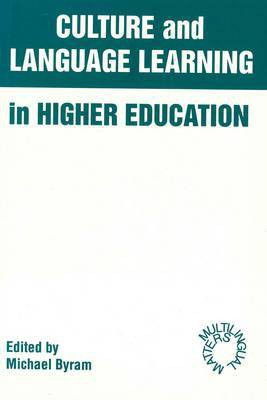Culture and Language Learning in Higher Education(English, Paperback, unknown)
Quick Overview
Product Price Comparison
It is intuitively right that learning a foreign language in higher education should involve rigorous and systematic study of an aspect of a culture associated with the language. Traditionally this has been the high culture and especially the literature of one or more countries where the language is spoken. In more recent times, and in some countries more than others, attention has turned to the study of the whole culture and way of life. At this point however, there arises the question of a discipline-base for such study. In Germany and France, the development of Landeskunde and civilisation has provided such a base, although its status remains uncertain. In the teaching of English as a foreign language, 'cultural studies' offers a starting point and 'British studies' is the name of a newly-initiated approach. A different starting point in the study of a whole way of life and cultural practices can be found in social anthropology and in the methods of ethnography, and this has been a particular innovation where courses of study include first-hand experience of a country where the language is spoken. The book provides an introduction to and analysis of these developments. It includes descriptions of courses and the philosophies and methods which sustain them, from institutions of higher education in France, Britain, Germany and Denmark. The articles allow the reader direct access to the ways in which courses are taught, providing detailed descriptions and examples of students' work. The articles also explain the disciplinary base on which courses are founded and the relationship of specific courses and methods to the traditions of language teaching in the four countries. One article provides a different perspective on language learning, focusing on the effect of mobility from one society to another and residence in a foreign country, which are often required of languages students. The purpose of this book is to demonstrate that teaching of language and culture in higher education already involved much innovation, that innovation is taking place in different ways in different countries, but that there is a common concern to ensure a rigorous and integrative approach to the complex process of cultural and linguistic learning at advanced levels of study.


